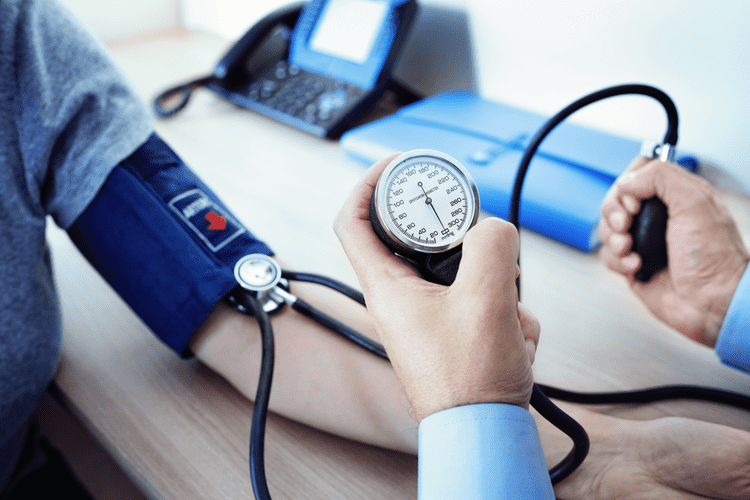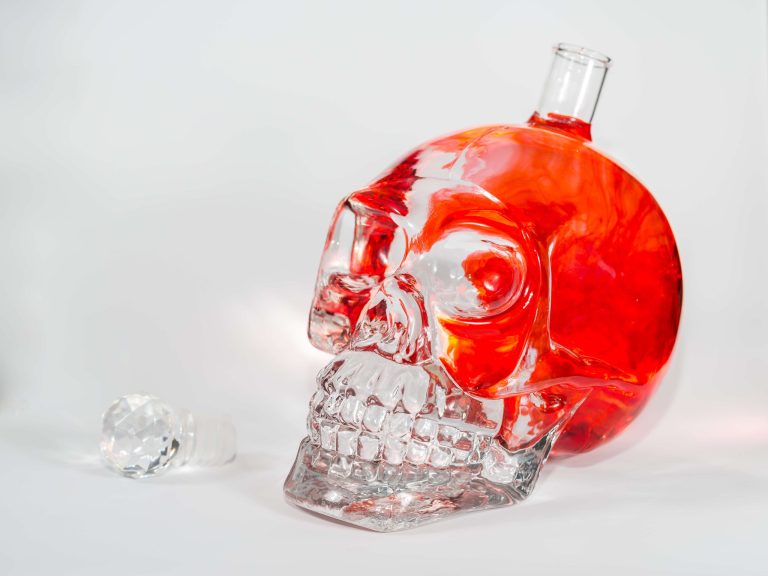The risk for alcohol withdrawal-induced high blood pressure is higher for certain groups of people. Those who are pregnant, have a family history of hypertension, amphetamine addiction treatment or have a history of substance abuse are more likely to experience a spike in blood pressure. Additionally, those who have underlying medical conditions, such as diabetes or kidney disease, are also more likely to experience a spike in blood pressure during alcohol withdrawal.
Assessment of reporting biases
Exceeding this limit increases the risk of cardiovascular, hepatic, and nervous system disorders (Bellentani 1997; Fuchs 2001; Gao 2011; Lieber 1998; McCullough 2011; Nutt 1999; Welch 2011). Also, multiple studies have found associations between consumption of alcoholic beverages and specific cancers (Kushi 2012; Seitz 2007). Abuse of alcohol resulted in approximately 3 million deaths worldwide and 132.6 million disability‐adjusted life years (DALYs) in 2016 (WHO 2018). We reviewed available evidence about the short‐term effects of different doses of alcoholic drinks compared to non‐alcoholic drinks on blood pressure and heart rate in adults (≥ 18 years) with both normal and raised blood pressure. When someone drinks alcohol repeatedly, the elevated blood pressure can become chronic and lead to various medical conditions.
Beilin 1992 published data only
- Avoid drinking more than the recommended amount of alcohol weekly to keep health risks low.9 If you decide to drink, it’s best to spread your consumption evenly throughout the week.
- Physical changes you can expect after you stop drinking and the advantages of abstinence go beyond the 1st year mark.
- Dr. Hoffman has successfully treated hundreds of patients battling addiction.
- Additionally, medications such as beta blockers and diuretics can be prescribed to help lower blood pressure.
- Once you quit drinking, you may notice more restful nights and better overall energy levels.
- John is very passionate about helping people and making sure things are not falling through the cracks.
With over a decade of addiction treatment experience, Mark deeply understands the complex needs https://ecosoberhouse.com/ of those struggling with addiction and utilizes a comprehensive and holistic approach to address them. He is well-versed in traditional and innovative therapies, including cognitive-behavioral therapy, motivational interviewing, and mindfulness-based interventions. If you’re in this stage, it helps tremendously to have people to lean on, whether that’s a therapist, a primary care provider (like me!), a recovery coach, or even just a trusted friend who checks in on you weekly. Alcohol influences blood pressure through several physiological pathways, contributing to elevated readings.

Explore Our Resources for Recovery
Cutting down or quitting alcohol can lead to significant improvements in both your physical and mental health. Alcohol is a widely consumed substance, but many people underestimate its long-term impact on the body and mind. Those with long-term high blood pressure can lower their blood pressure levels by transitioning from heavy alcohol consumption to moderate use.

Included studies

This level of care is especially helpful for people with severe symptoms, a history of seizures or delirium tremens (DTs), or other medical conditions. Because alcohol slows down your metabolism, you can easily gain weight when drinking. When your metabolism slows, your body needs to work harder to process fats and sugars. On its own, alcohol is high in sugar and empty calories, and when you add mixers, you’re likely to substantially increase your calorie intake. People mistakenly believe that alcohol initially eases anxiety or depression, but it often worsens these conditions in the short term and also in the long run.
- For women, it can increase the risk of breast cancer, impair bone health, and lead to mood changes.
- Conversely, blood pressure reduction was significant and progressively higher in participants who had baseline alcohol intake of three, four to five, and six or more drinks per day.
- Because the numbers of included studies that fell into our pre‐specified dose categories were not comparable, we were unable to conduct a comprehensive dose‐dependent analysis.
- In severe cases, the components present in alcohol can also cause damage to the liver and might be fatal.
McCaul 1991 published data only
Epidemiologic data indicate that, on average, regular drinkers consume 33 g of anhydrous ethanol per day, and that beer (34%) is does alcohol cause high blood pressure the most frequently ingested alcoholic drink 5. Unfortunately, high blood pressure is a widely prevalent problem, and it affects a staggering number of Americans, over 100 million. Various factors lead to hypertension, and alcohol consumption is one of them. However, binge drinking and heavy drinking are different, and they significantly increase blood pressure and wreak havoc on your health. Several studies have shown that abstaining from alcohol can lead to a reduction in blood pressure. A study published in Hypertension demonstrated the positive effects of one month of alcohol abstinence on 24-hour blood pressure, showing a substantial decrease in those who quit drinking for this period.
